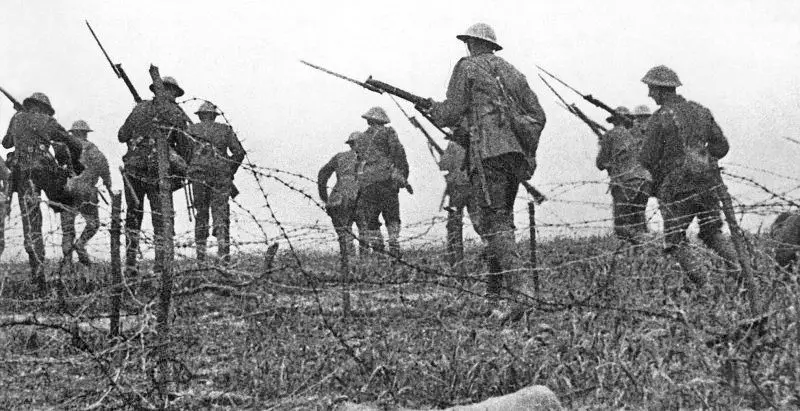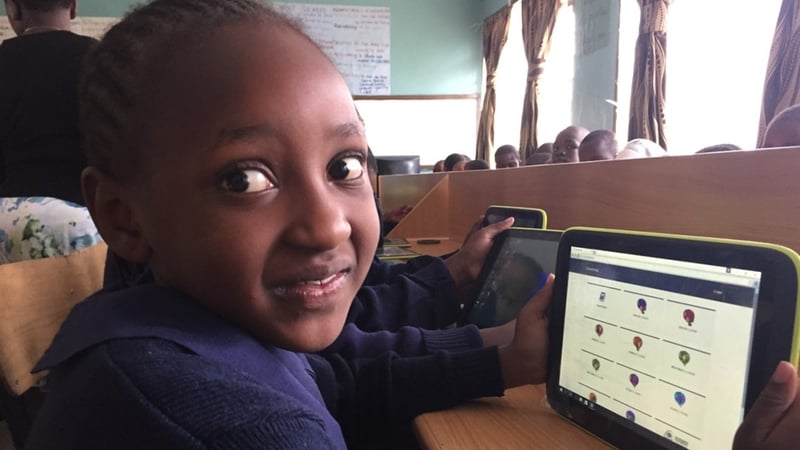According to OnlineConversion.com, as of today I have 3,598 days until I retire at the age of 67 - that's just under 10 years from now. This is a long way off and I hope that there is still life in the old dog just yet. My dream is to retire earlier than this, but only if I can afford to. I have a modest pension plan from my previous job in SmartForce, and I have what is regarded as a golden ticket as I am now in a Defined Benefit pension scheme.
In addition to my two pensions (which is two more than a lot of people) I will also get the state pension - which combined may be enough to live on. As long as I can afford petrol for my bike, and wine for my glass - I think I will be OK. (Yes - I know this is not what state pensions are intended for).
But the "experts" tell us that there is a pension time-bomb for my generation (and future generations). Defined Benefit schemes are being closed, or wound down, or closed to new entrants. Other "experts" say that there is no problem. Smarter people than me (like actuaries) make the calculations and forecasts - we must trust and react to their predictions. If an aging population just digs its head into the sand on pensions, younger people who will fund many of our pensions, will not tolerate this. Threats to pension schemes make me think that it may not be the best investment - would I be better putting my monthly pension contributions under the mattress? Only time (and retirement) will tell!
 |
| How many of us see retirement. Image source: US News. |



























